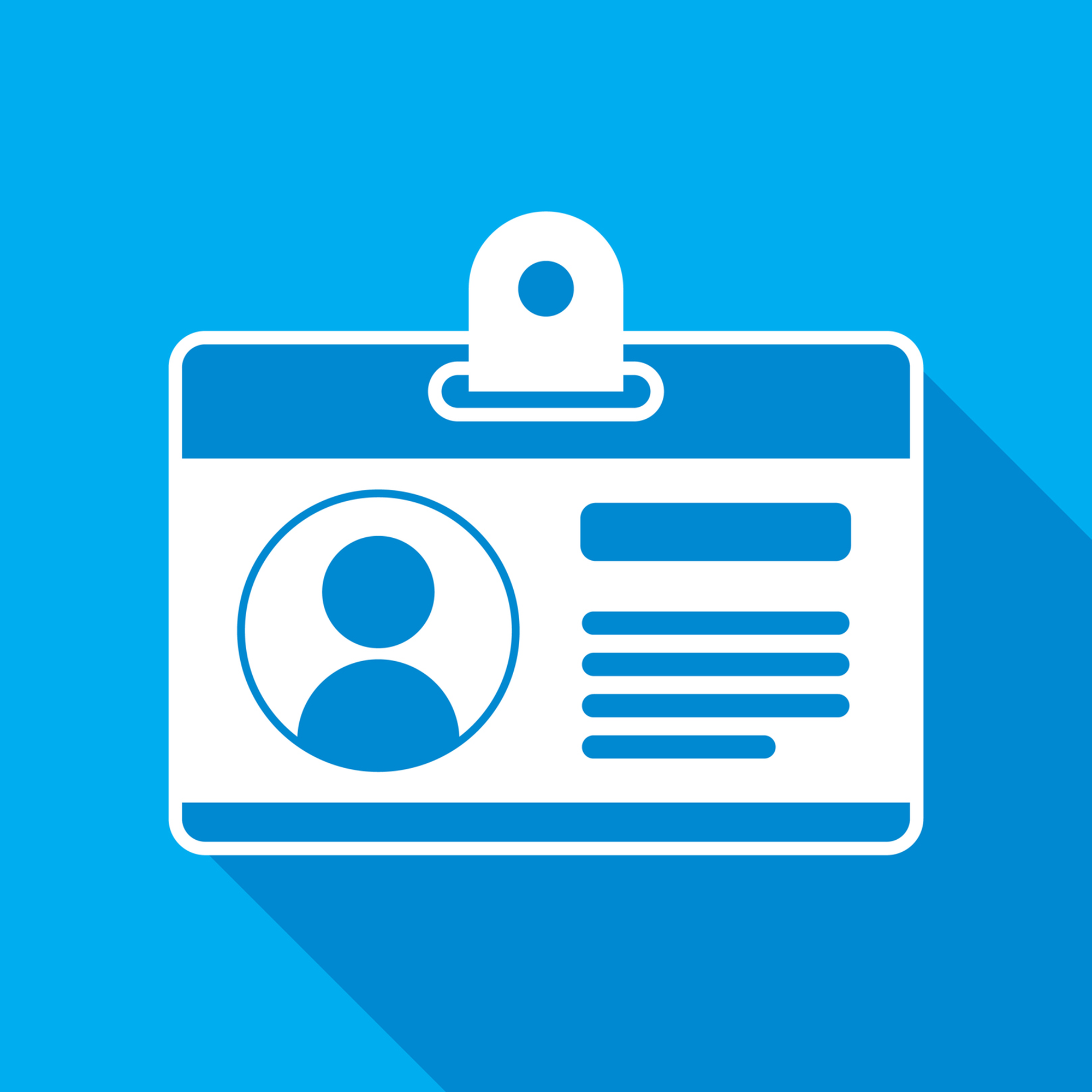How driver’s licenses exposed in data breaches increase your risk of identity fraud
Summary: You worry about criminals committing identity fraud with your financial accounts, Social Security number or other pieces of personal information, but do you think about your driver’s license? Driver’s license information gets exposed in data breaches more often than you think, and driver’s license fraud includes some very serious types of identity theft. Find out what can happen and how to protect yourself.
How this often-overlooked piece of personal information can cause big problems with identity fraud

In 2017, the massive Equifax data breach made headlines by exposing the Social Security numbers of more than 145 million Americans. The fact that the breach also exposed the driver’s license data of over 18 million Americans barely rated as a footnote. But driver’s license fraud and identity theft can be serious, landing you in financial difficulties or even jail! Let’s look at the risks and what you can do about them.
Driving You into Trouble
You use your driver’s license for more than driving. Stores may check your driver’s license number to validate the address on a check. (Yes, some people do still use checks.) You can use it to prove your age and to prove your identity when boarding a plane or visiting a medical office. The reason driver’s licenses are used for identification so often is because you have to bring several other forms of ID (birth certicate, Social Security card, etc.) to prove your identity when you get one.
All these uses make stolen driver’s license information valuable to criminals. (That’s why driver’s license records sell for as much as $20 apiece on the dark web, as opposed to the $1 average for stolen credit card numbers.) The information can be used to create counterfeit licenses that can then be used to open accounts, cash counterfeit checks, or obtain medical care using someone else’s identity. Thieves committing financial identity fraud will show a fake driver license to change mailing addresses, so they can hide their activity from their victims. Fake driver’s licenses are also used by criminals to pursue other illegal activities using the victim’s identity, and the victim can be implicated. According to the Identity Theft Resource Center, criminals show fake driver’s licenses so that they’re not taken into custody for outstanding warrants when they’re stopped for traffic violations. Of course, they don’t show up in traffic court, leading to bench warrants that can cause the victim to be arrested or receive a summons, as happened to this woman.
Driver’s licenses can also be used for synthetic identity theft, and other information on them—birthdate, height, eye color, and signature—can be used to impersonate the victim online and elsewhere.
Protecting Your Driver’s License
You can’t prevent data breaches, of course. (And breaches at DMVs and their subcontractors happen more often than you might think.) But there are things you can do to protect yourself from driver’s license and identity fraud.
Here are 4 things you can do today to protect your personal information:
- If your driver’s license is lost or stolen, report it immediately to your state Department of Motor Vehicles and request a replacement. Same if you stored an image of it on a device that’s been lost, stolen, or hacked.
- If there is physical theft of your driver’s license or a device holding that information, contact police to report the theft and to ensure there’s a record that your driver’s license was stolen.
- If you don't have one already, consider getting an protection plan such as IDX Identity and/or IDX Privacy, that includes dark web monitoring to alert you if your driver’s license or other personal information shows up on the dark web where criminals can get it.
- Consider putting a credit freeze or at least a fraud alert on your credit report, to stop or at least alert you if thieves try to set up new accounts in your name.
And while you can’t prevent breaches, you can minimize the number of places where your driver’s license information could be breached. For example, if you’re asked to show your driver’s license at the doctor’s office or when cashing a check and someone tries to scan it or write the information down, push back. If they insist, ask why they need the information and how they’ll protect it. If you don’t like the answers, consider going elsewhere.
And for IDX Identity members, if you see evidence that your driver’s license or any other personal information is being used for identity fraud, call our recovery team. They’ll hit the ground running, working with businesses, law enforcement, and government agencies as needed to get your identity 100% restored, and they’ll provide you the information and support you need to get through a stressful situation with confidence and peace of mind.
About IDX
We're your proven partner in digital privacy protection with our evolving suite of privacy and identity products.